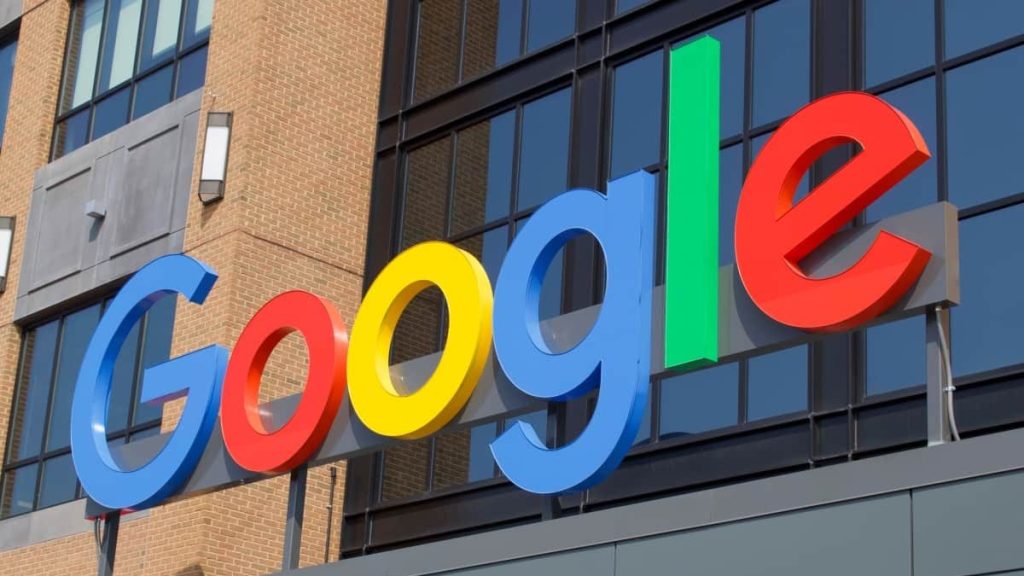Google, the name synonymous with internet search, boasts a history as remarkable as its reach. Let’s delve into its evolution, from a Stanford research project to a tech powerhouse:
Humble Beginnings (1996-1998):
- The story starts in 1996 at Stanford University, where PhD students Larry Page and Sergey Brin met. Recognizing the limitations of existing search engines, they developed “BackRub,” an algorithm that analyzed backlinks to determine a webpage’s importance.
- BackRub quickly outperformed its competitors, attracting attention and seed funding in 1998.
- With an angel investment of $100,000 from Sun Microsystems co-founder Andy Bechtolsheim, “Google” (inspired by the mathematical term “googol”) was officially incorporated in a Menlo Park garage.
Growth and Domination (1999-2004):
- Google’s success attracted more investors, allowing them to move to Palo Alto and expand their team.
- They continued refining their search algorithm, focusing on user experience and relevance, leading to their dominance in the search market.
- 2000 saw the introduction of Google AdWords, a revolutionary pay-per-click advertising system that fueled their financial growth.
- Expansion beyond search began with Gmail in 2004, followed by Google Maps and other services, laying the foundation for a diverse product portfolio.
Public Offering and Global Expansion (2004-2015):
- In 2004, Google held its highly anticipated initial public offering (IPO), raising a staggering $1.9 billion.
- This influx of capital fueled international expansion, opening offices worldwide and adapting their products to local languages and cultures.
- Acquisitions like YouTube in 2006 further diversified their offerings and solidified their position as a tech behemoth.
- Innovation remained a priority, with the launch of Android (2008) and ChromeOS (2009), shaping the mobile and web computing landscapes.
Beyond Search: Redefining Tech (2015-Present):
- Recognizing the potential beyond search, Google embarked on ambitious ventures like self-driving cars (Waymo), artificial intelligence (DeepMind), and cloud computing (Google Cloud Platform).
- They faced scrutiny for their growing power and data collection practices, leading to antitrust investigations and privacy concerns.
- Despite these challenges, Google continues to innovate, with projects like Google Assistant and Stadia showcasing their commitment to shaping the future of technology.
Key Themes and Future Outlook:
- Google’s history is characterized by constant innovation, a user-centric approach, and a willingness to expand beyond its core search business.
- They have faced criticism for their dominance and data practices, prompting increased efforts towards transparency and ethical AI development.
- Looking ahead, Google’s focus on AI, cloud computing, and emerging technologies like AR/VR positions them to remain a major player in shaping the digital landscape.
This is just a glimpse into the remarkable journey of Google. If you’d like to delve deeper into specific aspects, like a particular product or challenge they faced, feel free to ask!


